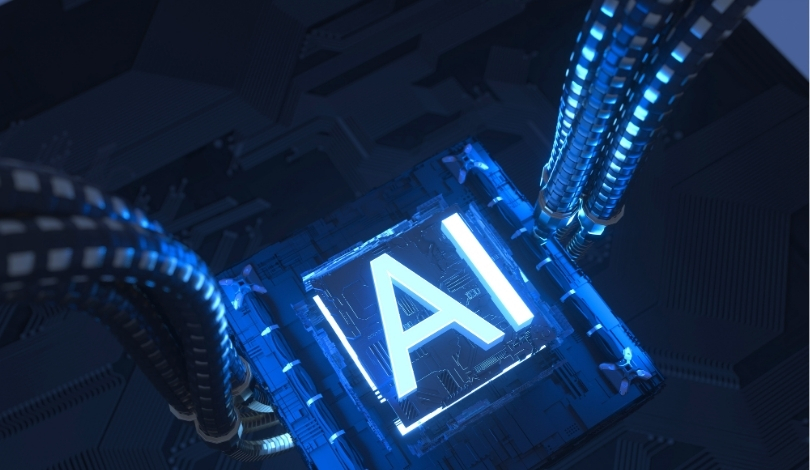As artificial intelligence continues to evolve, Wikipedia finds itself increasingly intertwined with the development of large language models. The platform’s extensive repository of knowledge not only serves millions of readers worldwide but also feeds into cutting-edge AI systems, highlighting its pivotal role in the information ecosystem. This integration brings both increased visibility and new obstacles for the nonprofit organization.
Wikipedia’s significance in the AI landscape has grown, as evidenced by its data being a foundational element for models like OpenAI’s ChatGPT. Leveraging structured and comprehensive content makes Wikipedia an ideal resource for training these technologies. This reliance underscores the encyclopedia’s influence in shaping how information is processed and disseminated through AI applications.
How is Wikipedia’s data used by AI companies?
AI companies utilize Wikipedia’s structured content to train their language models, ensuring they can generate accurate and comprehensive responses. According to Lane Becker, senior director of earned revenue at the Wikimedia Foundation, the initial agreement allowed data usage once a year, but demands have significantly increased since then.
What challenges does Wikipedia face with increased AI reliance?
The Wikimedia Foundation is grappling with issues such as elevated bot traffic and the need for proper attribution.
“If our content is getting sucked into an LLM without attribution or links, that’s a real problem for us in the short term,”
Becker stated. The surge in automated access threatens the platform’s sustainability and the recognition vital for attracting new contributors and donors.
How is Wikipedia addressing external criticism?
Beyond AI-related challenges, Wikipedia faces criticism from influential figures, including Elon Musk, who accuses the platform of bias. Rebecca MacKinnon, vice president of global advocacy at the Wikimedia Foundation, emphasized the importance of protecting editors’ privacy to mitigate harassment. The Foundation is also seeking support from AI firms to ensure continued funding and policy adherence.
The intersection of Wikipedia and AI represents a significant development in the information economy. While the collaboration with AI firms provides opportunities for broader dissemination of knowledge, it also necessitates robust measures to maintain the platform’s integrity and financial stability. The Wikimedia Foundation’s proactive stance in addressing these challenges will be crucial in navigating this evolving landscape.










